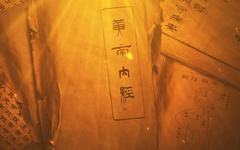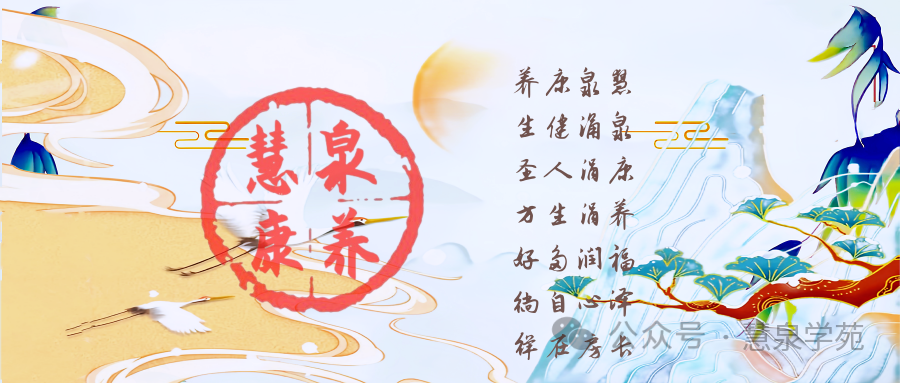
The Huangdi Neijing states: “In ancient times, people lived to be a hundred years old in both spring and autumn, and completed their natural lifespan.” 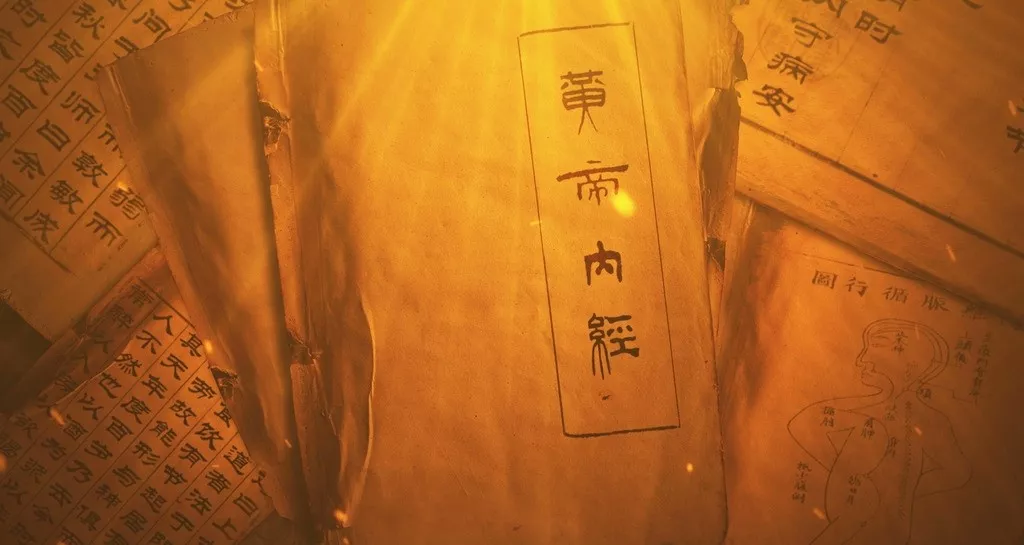
It is said that in ancient times, the people of Ge Tian could all live to be a hundred years old.
The elderly had white hair yet youthful faces, fully enjoying the lifespan granted by heaven.
If you want to live younger, let’s explore how the ancients practiced health preservation.

1. Work without Fatigue
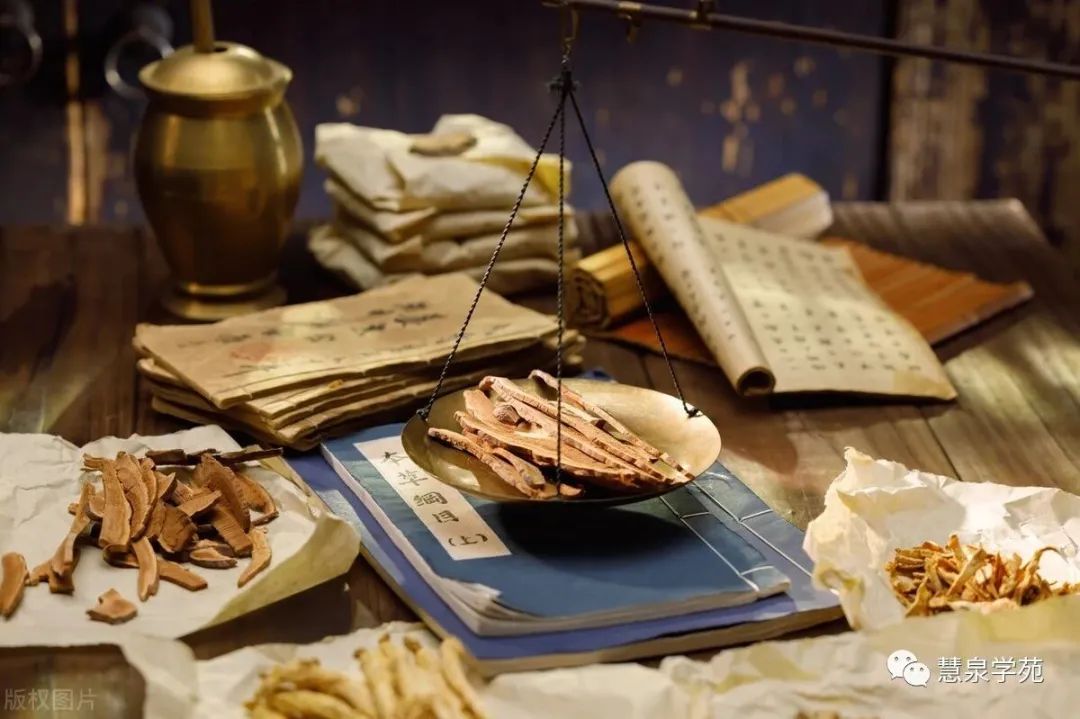
The Huangdi Neijing states: “Eating and drinking in moderation, maintaining regularity in daily activities, and not overworking oneself, allows the body and spirit to be in harmony, thus completing their natural lifespan.”
Ancient health practitioners believed that the body (形, xing) and spirit (神, shen) are interdependent.
As the saying goes, “The body relies on the spirit to exist, and the spirit needs the body to survive.”
To nurture both the body and spirit, one must balance movement and stillness.
“Stillness” helps cultivate yuanqi (元气, vital energy), while “movement” promotes better circulation of yuanqi.
Maintaining a good daily routine, appropriate dietary habits, and consistent physical exercise is essential.
By doing these, one can feel invigorated, thus making the body feel younger.
It is not uncommon to find that elderly people in rural areas are often healthier and live longer than those in cities.
This is attributed to rural life, which helps them maintain good labor habits.
Regular physical work prevents them from easily feeling fatigued.
When zhenqi (真气, true energy) is balanced and regulated, longevity naturally follows.

2. A Calm Heart and No Fear
The Huangdi Neijing states: “Joy brings harmony to the qi and clarity to the will, allowing the protective energy to flow smoothly.”
A peaceful mindset, free from worries about gain or loss, helps maintain a positive and optimistic attitude.
When the physiological activities of the body operate according to natural laws, longevity is more likely.
In contrast, those who are constantly burdened with worries and live in fear rarely achieve longevity.
The TCM approach to health emphasizes “nurturing the heart and regulating the spirit.”
This aligns with the saying in the Huangdi Neijing: “A calm heart knows no fear.”
To have a calm heart means to be joyful in spirit and to laugh in sound.
Joyful emotions and cheerful laughter surpass all health supplements.
All things are created by the mind; wherever one resides, there is peace and happiness.
When the heart is stable and free from fear, one can live freely and easily.

3. Complete Virtue and No Danger
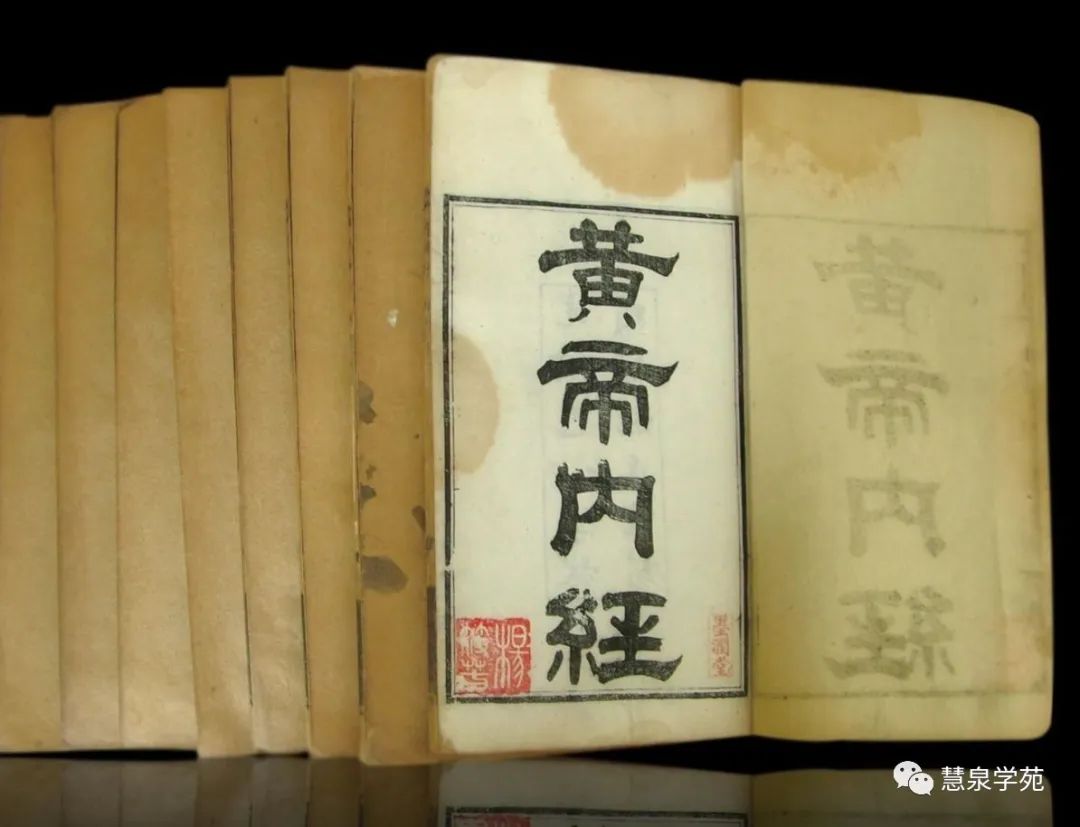
The Huangdi Neijing states: “Those who can live to be a hundred years old and remain agile do so because their virtue is complete and they are not in danger.”
This means that some people can live to be a hundred years old and remain active without showing signs of aging due to their complete moral cultivation.
Ancient people regarded “virtue” as the foundation of existence.
Confucius said: “Those with great virtue will surely attain longevity.”
This implies that individuals with noble moral character often grow younger as they age.
Confucius’s saying about “the virtuous live long” actually contains medical principles.
Sun Simiao in the Qianjin Yaofang stated: “When one’s nature is good, internal and external diseases will not arise, and calamities will have no cause to occur; this is the great principle of health preservation.”
Nurturing virtue can regulate a person’s temperament.
It maintains one’s yuanqi from within, leading to longevity.
Complete virtue can be summarized in eight words: good nature, benevolence, contentment, and tolerance.
Being humble and courteous, respecting others while maintaining oneself can help us avoid worries.
Protecting the body and spirit from harm can lead to extended life.

4. A Relaxed Will and Few Desires
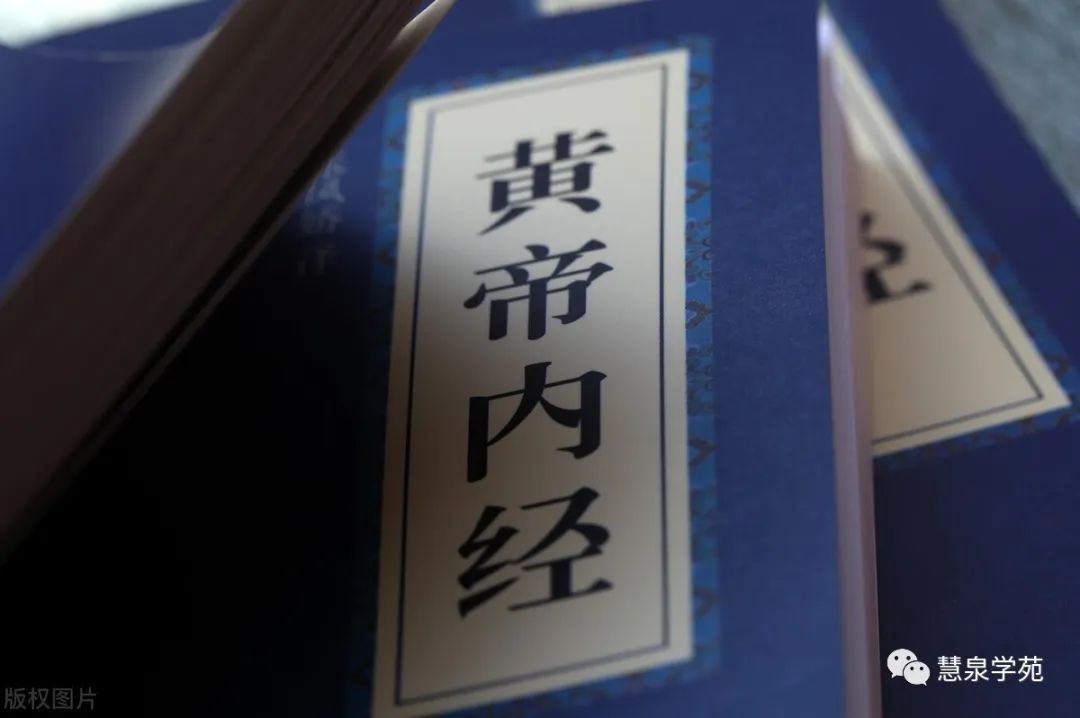
The Huangdi Neijing states: “Tranquility and emptiness lead to the preservation of true energy; when the spirit is kept within, how can illness arise?”
This means that when a person’s spirit is tranquil and free from desires, true energy will be retained within the body.
When the spirit is kept within and not dissipated, how can diseases invade?
To live younger, one must learn to control their desires.
The Qing dynasty health practitioner Li Duyuan understood the way of desire moderation.
He advocated a lifestyle where: simple eating can reduce the burden on the spleen and stomach; simple desires can keep the spirit clear; speaking less helps regulate the breath; simple relationships can maintain purity; avoiding alcohol and lust can lead to a clear mind; reducing worries can eliminate troubles.
In everything, just a little less can yield a little more benefit.
Everything tastes sweet, everything feels comfortable, and life is simple and satisfying.
Copyright Notice: We emphasize sharing; the images and text are sourced from the internet, and the copyright belongs to the original author. If there is any infringement, please inform us, and we will promptly delete and apologize.
Click the text below to learn more exciting content:
Fermented Chinese Medicine - A New Chapter in Inheriting Chinese Medicine Culture
Promoting Traditional Chinese Medicine Culture for the Health of the People - Intangible Cultural Heritage - Intangible Cultural Heritage of Herbal Medicine
Intangible Cultural Heritage of Herbal Medicine: Usage, Applicable Population, and Precautions
What are the advantages of Intangible Cultural Heritage of Herbal Medicine compared to massage, moxibustion, and cupping?
Brief Analysis: Eastern Pharmacist Movement Therapy

